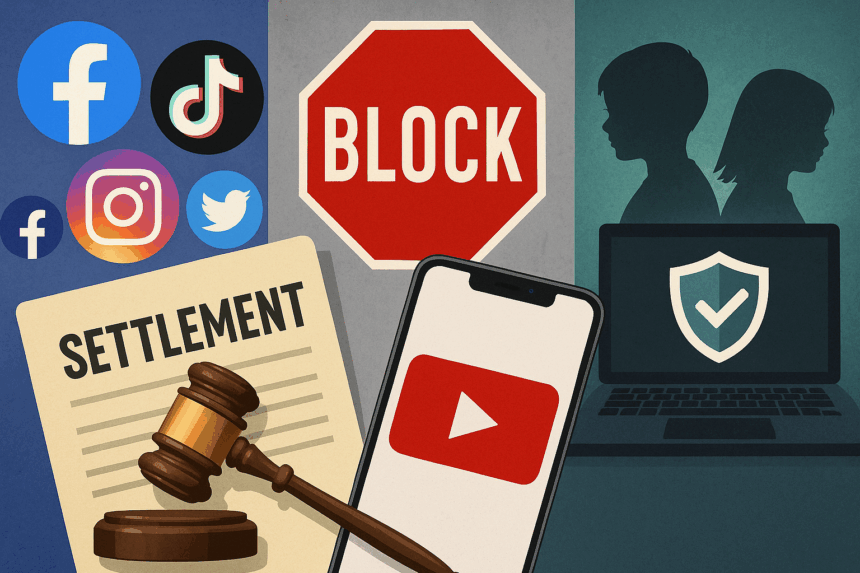Social media platforms are colliding with new legal challenges across the globe. In the U.S., Bluesky has blocked Mississippi users over strict age-verification laws. Meanwhile, 4chan is pushing the Trump administration to shield it from the U.K.’s Online Safety Act, which imposes new compliance rules. Add ongoing settlements involving X (formerly Twitter) and laid-off employees, and it’s clear the future of online spaces is being shaped as much by courtrooms as by code. Social media regulation is indeed a hot topic.
What’s Happening & Why This Matters
Bluesky Exits Mississippi

The decentralized social network Bluesky announced it will block access to users in Mississippi rather than comply with the state’s sweeping age-verification law, H.B. 1126. The law requires platforms to verify every new user’s age, obtain parental consent for minors, and restrict access to content deemed harmful under social media regulations. Failure to comply could result in fines up to $10,000 per user.
Bluesky called the law “unworkable,” citing its limited resources compared to larger companies like Meta or X. For now, users in Mississippi with Bluesky apps are cut off, unless they use a VPN. The decision underlines the tension between state-level regulation and the ability of smaller tech firms to adapt.
The law, named after Walker Montgomery, a 16-year-old who died by suicide after a sextortion scam, is framed as a child-protection measure. But critics argue it creates sweeping surveillance risks. Justice Brett Kavanaugh suggested the statute may be unconstitutional, noting it could infringe on First Amendment rights. This indicates how social media regulation can intersect with constitutional debates.
4chan Battles the U.K. Online Safety Act

At the same time, 4chan is facing fines from Ofcom, the U.K.’s communications regulator, for failing to comply with the Online Safety Act. The law requires ID verification for users accessing adult content, with penalties starting at £20,000 plus daily fines. These challenges underscore the impact of social media regulation across borders.
4chan’s lawyers have refused to pay, calling the enforcement “an illegal campaign of harassment.” They argue U.K. rules hold no power over U.S. companies and claim protection under the First Amendment. The platform is now urging the Trump administration to intervene diplomatically.
Other organizations, including the Wikimedia Foundation, have also challenged the Online Safety Act, warning of risks to user privacy and freedom of expression.
Settlements Continue at X

Meanwhile, X (formerly Twitter) has reached settlements with hundreds of laid-off workers following Elon Musk’s mass firings. The agreements resolve multiple lawsuits alleging broken promises over severance and workplace practices. Social media platforms face such legal settlements as a result of overarching regulatory environments. Though the details remain under wraps, this underscores the ongoing challenges these global companies encounter.
TF Summary: What’s Next
Social platforms are navigating complex battles over safety, privacy, and freedom of speech. Bluesky’s exit from Mississippi may trigger further legal challenges and highlights the difficulty smaller networks face against state-level regulation concerning how to befriend their community while adhering to exemptions in broader social media governance. 4chan has taken its own challenge, leading a dispute against the Online Safety Act and raising global questions on digital sovereignty. 4chan could test how U.K. policies affect non-national platforms.
At the same time, X‘s settlements show that worker protections and corporate responsibility remain under the microscope due to evolving social media laws. The significance of social media governance is growing, and how these disputes resolve may set precedents for future policy-making in the digital age.
— Text-to-Speech (TTS) provided by gspeech


